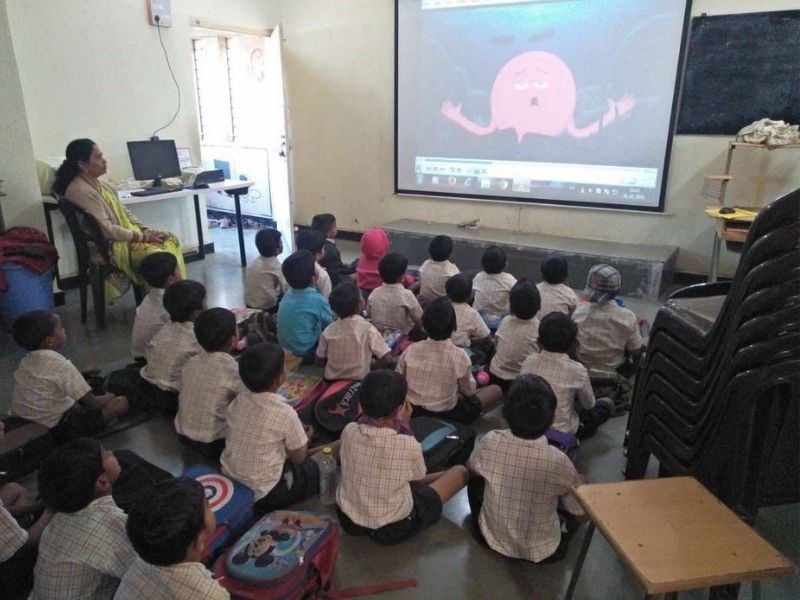Hindustan Unilever Limited (HUL), India’s largest fast-moving consumer goods (FMCG) company and the Maharashtra school education department have initiated a year-long initiative ‘Waste No More’ amongst government school students in the state. Launched last month, the initiative offers specially curated digital school curriculum on waste management through the government’s free, multi-lingual DIKSHA app. The app offers learning materials to both students and teachers and also allows parents to follow the school’s activities.
The HUL initiative is in partnership with ‘India 2022 coalition’ – a purpose-driven global business coalition led by the Oslo (Norway) headquartered company, Xynteo. Working with business communities, Xynteo works in sectors like energy, waste, sanitation, healthcare and sustainable mining to support positive and collaborative change in communities across the globe. The ‘Waste No More’ digital curriculum has been curated by Academy for Earth Sustainability (AES), an organisation engaged in co- designing, building, and facilitating experiential learning programs in partnership with HUL and Xynteo.
“The curriculum spans over 12 weeks with modules comprising of 20 minutes models that cover the full range of expected behavioural changes from selection to segregation till marine life. The animated modules are based on three characters (children) trying to clean the country. While the content is relatable for classes IV to VII, we are hoping to touch from Grade I – X too soon,” says Subhashini Chandran, managing director, Xynteo India
A pilot programme of the curriculum rolled out across 1,550 schools in Kolhapur and Nashik in January this year saw 80,000 students engage in sustainable waste disposal and segregation activities. The programme’s content, also included in the Maharashtra State Council of Educational Research and Training’s (MSCERT) ‘Summer Camp’, received 83,940 views on DIKSHA app.
While the programme deals with theoretical aspects of the best practices around waste disposal and management, government officials are keen on enhancing children’s digital curriculum with more hands-on experience. “At the moment, we were constrained with school closures due to COVID-19 lockdown. Once the schools reopen, the ‘Waste No More’ programme will be supported with some physical activities around the school campuses and in the vicinity of their habitations to enable children to first-hand experience and educate them on issues on-ground and develop good habits,” says Vishal Solanki, (IAS), Commissioner, Maharashtra Education.
The self-learning digital curriculum is divided into four units and uses storytelling, in-class activities and easy-to-do take home games to encourage children and their families to be responsible consumers. “Children are the real drivers of behavioural change at home and in their communities. We have seen during the pilot runs that close to two-thirds of children kept up the practice of segregating the waste long after they had learnt. Therefore, introducing the programme in public schools in Maharashtra and covering over four million students and then their families can have a big impact. Hopefully in the future we can take this pan India and make a big change through the many small changes,” says Willem Uijen, Executive Director – Supply Chain, Hindustan Unilever Limited.
The India2022 Coalition is already in discussion with three states to extend the ‘Waste No More’ programme as part of the educational curriculum and aims to reach at least 2.5 million children alone.
Also read: Donate unused devices to help bridge the digital divide
Posted in Corporate, News


























